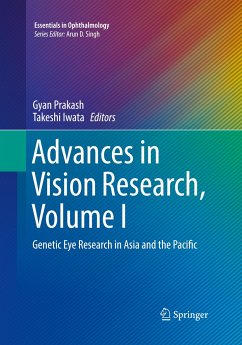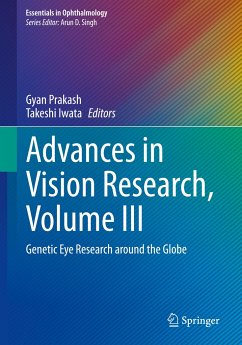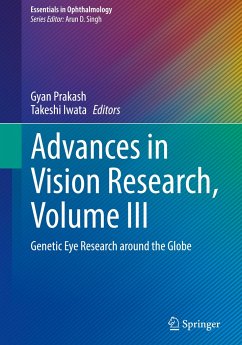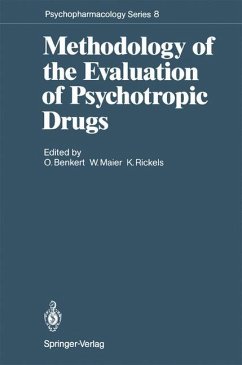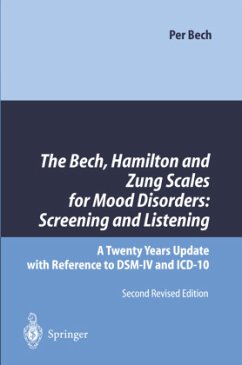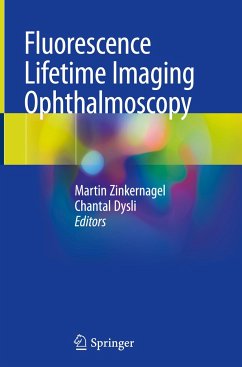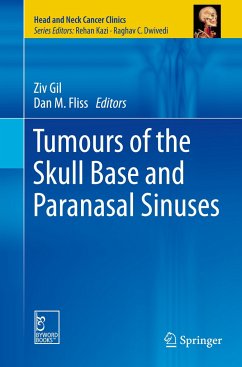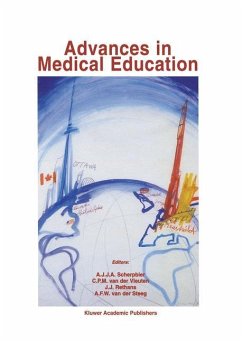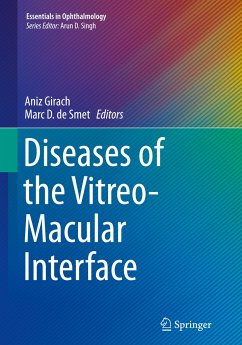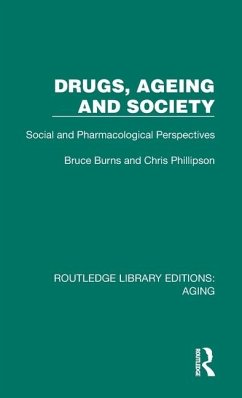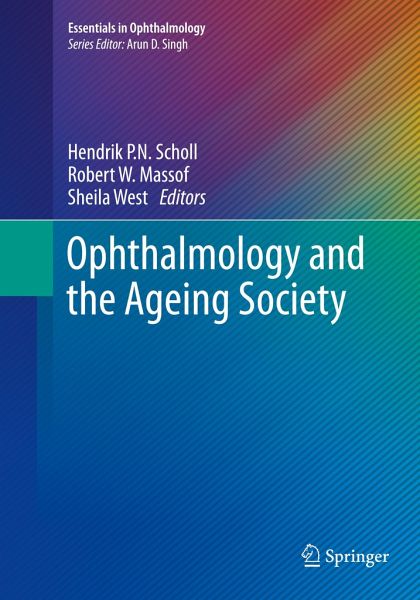
Ophthalmology and the Ageing Society
Versandkostenfrei!
Versandfertig in 6-10 Tagen
83,99 €
inkl. MwSt.

PAYBACK Punkte
42 °P sammeln!
The ageing of the world's population is one of the major achievements of modern society. By 2050, an estimated 2 billion people will be aged 60 years or over. However, ageing poses major challenges and this is especially true for the field of ophthalmology, given that the major eye diseases - age-related macular degeneration, glaucoma, and cataract - predominantly affect the elderly. The challenges facing ophthalmology in an ageing society have not previously been addressed in a comprehensive way, although there are common denominators of the various eye diseases that affect the elderly. This ...
The ageing of the world's population is one of the major achievements of modern society. By 2050, an estimated 2 billion people will be aged 60 years or over. However, ageing poses major challenges and this is especially true for the field of ophthalmology, given that the major eye diseases - age-related macular degeneration, glaucoma, and cataract - predominantly affect the elderly. The challenges facing ophthalmology in an ageing society have not previously been addressed in a comprehensive way, although there are common denominators of the various eye diseases that affect the elderly. This book provides such a comprehensive overview encompassing epidemiology, risk factors, current treatment and prophylaxis, disability, co-morbidity, and the impact on quality of life. World leaders in their respective fields provide state-of-the-art knowledge on the geriatric aspects of ophthalmology that will help to improve the management of this growing patient population.



